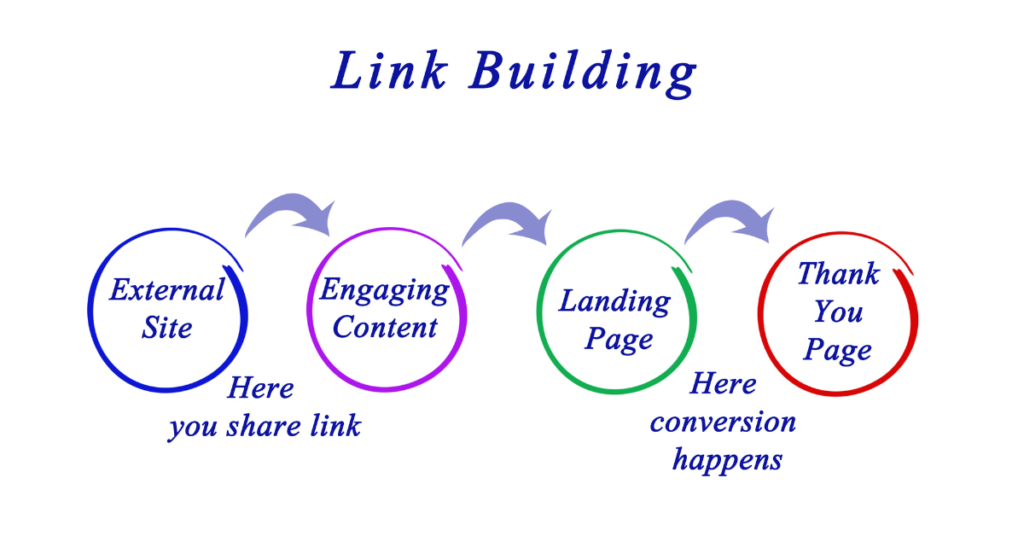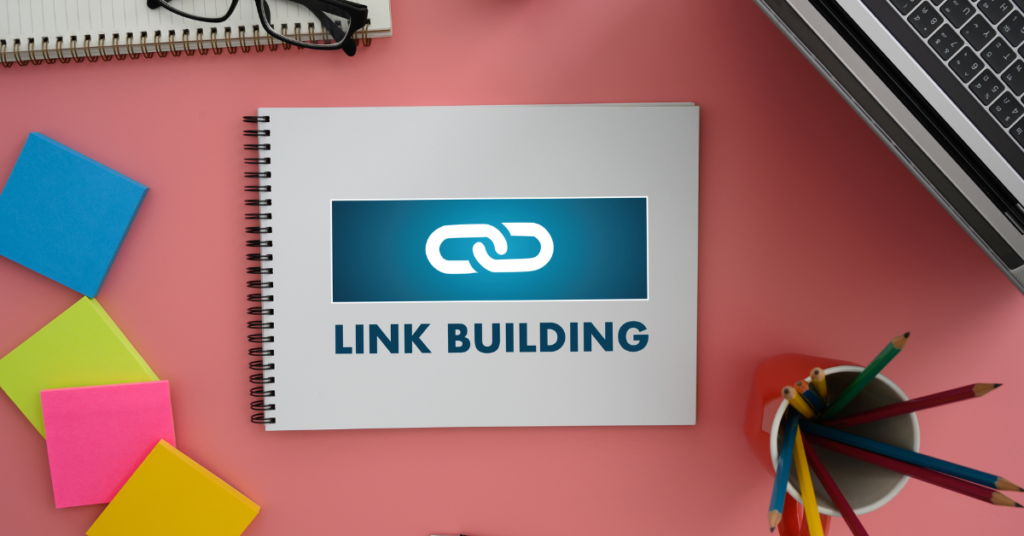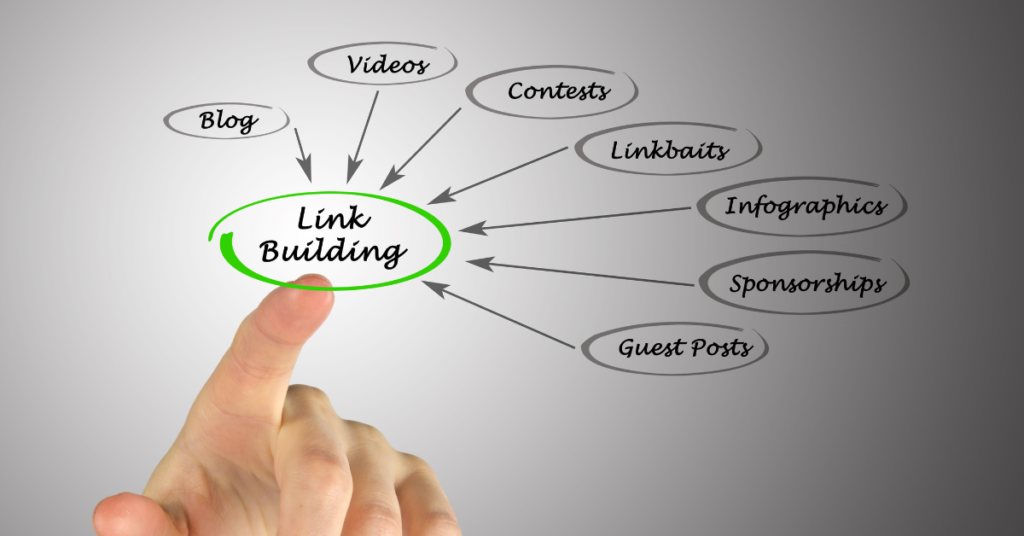The digital landscape is constantly changing. New algorithms and ranking criteria are introduced regularly, making it difficult to keep up with the constant need for optimization. Whether you’re a small business or an industry giant, linking your website to other sites is essential for any company that wants to increase its search engine presence and visibility.
Link building has always been an important part of SEO, but with new algorithms, it has become even more crucial for a site’s success. To increase traffic and ranking in today’s digital landscape, we’ll look at some secrets to increasing link popularity and trust while decreasing negative links. Read on to learn everything you need about link building in the modern digital age!
What is Link building?
Link building is the process of earning links to your website designed to boost your website’s search engine ranking and authority.
There are two main types of links that are used in link building:
Internal links are links that point readers from one page on your website to another page on your website. This is the most common type of link building for SEO purposes.
External links are links from one site to another. These can be from other websites or other types of online content, like images, videos, and podcasts.

Why is Link Building Important?
A successful link-building campaign can boost your rankings and drive traffic, but only if you do it correctly. The key to successful link building is to make it as natural as possible and to avoid the types of links that Google is known for penalizing.
Link-building campaigns have been proven to impact search engine rankings positively. A high-quality link is one of the most important criteria that Google uses to determine where your website shows up on the SERPs. The more high-quality links you have to your website, the more likely you appear at the top of the page and get more organic visits.

How to Know Which Links to Build
To start building links to your website, you’ll want to decide which types of links are best for your business and audience. Before you start reaching out to people, it’s important to think through which links will be most beneficial to your business. Select links that will be relevant to your audience and that they’ll find interesting. Make it easy for other websites to link to your content. Make it easy for other people to share your links on their sites. Ensure that the links you build to your site pass trust, authority, and reader value. Your links should be high-quality, relevant content interesting to your audience. What links should you build?
Here are some of the best links to build to increase traffic and SEO.
Types of Link Builds

Guest Posts
Guest posts are one of the most common types of link building. The idea is to get a blog owner to let you publish a post on their site, linking to your site.
Content Syndication
Content syndication is when you get another site to publish your content. The link from that site is considered a backlink to your website.
Resource Links
Resource links are links from other websites that point to your resource page or an internal page on your website. These are often used for things like PDFs and image galleries.
Link Exchanges
Link exchanges are a type of link building where you agree to link to another website, and that website links to you.
Guest Interviews
Guest interviews are another type of link building that often goes under the radar but can be highly effective. Guest interviews are when you interview someone on your podcast or webinar, and they link to their website in the show notes.
6 Strategies for Link Building in the Modern Digital Age

Make Your Content More Link Worthy
The best link building begins with creating content that’s worth linking to in the first place. If you consciously make your content more link-worthy, you’ll find it easier to get other sites to link to you.
Get Your Name Out There
Another great way to get high-quality links to your website is to get your name out there. The more you’re talked about in your industry, the more likely you will get links.
Use Data to Find Link-Building Opportunities
Another meaningful way to find link-building opportunities is to look at the data. Use an Open Site Explorer or Majestic tool to see where people link to your competitors. These are excellent places to find potential link-building opportunities.
Have an Editorial Calendar
Having an editorial calendar for your blog is an easy way to get on the radar of other websites. Many websites are always on the lookout for guest posts, so if you have an editorial calendar with lots of empty slots, it’s easier to get your posts published on other sites. Having an editorial calendar also makes it easier to keep track of your link-building efforts.
Don’t Get Greedy
The most important thing to remember when building links is not to get greedy. If Google finds out that you’ve been sneaky and manipulative when building links, you can bet that you’ll be penalized.
Be Patient
Finally, remember that link building takes time. It can take a few weeks to a few months to start seeing results from your link-building campaign. Be patient, and your efforts will pay off in the end!
Summary
A successful link-building campaign can boost your rankings and drive traffic, but only if you do it correctly. The key to successful link building is to make it as natural as possible and to avoid the types of links that Google is known for penalizing.
The best way to build links is to create good content and get your name out there. Making your content more link-worthy is also helpful. You can also find link-building opportunities by having an editorial calendar and using data to find potential link-building opportunities.
When it comes to link building, don’t get greedy, and always be patient. With these tips, you’ll be well on boosting your website’s traffic and ranking with links!





